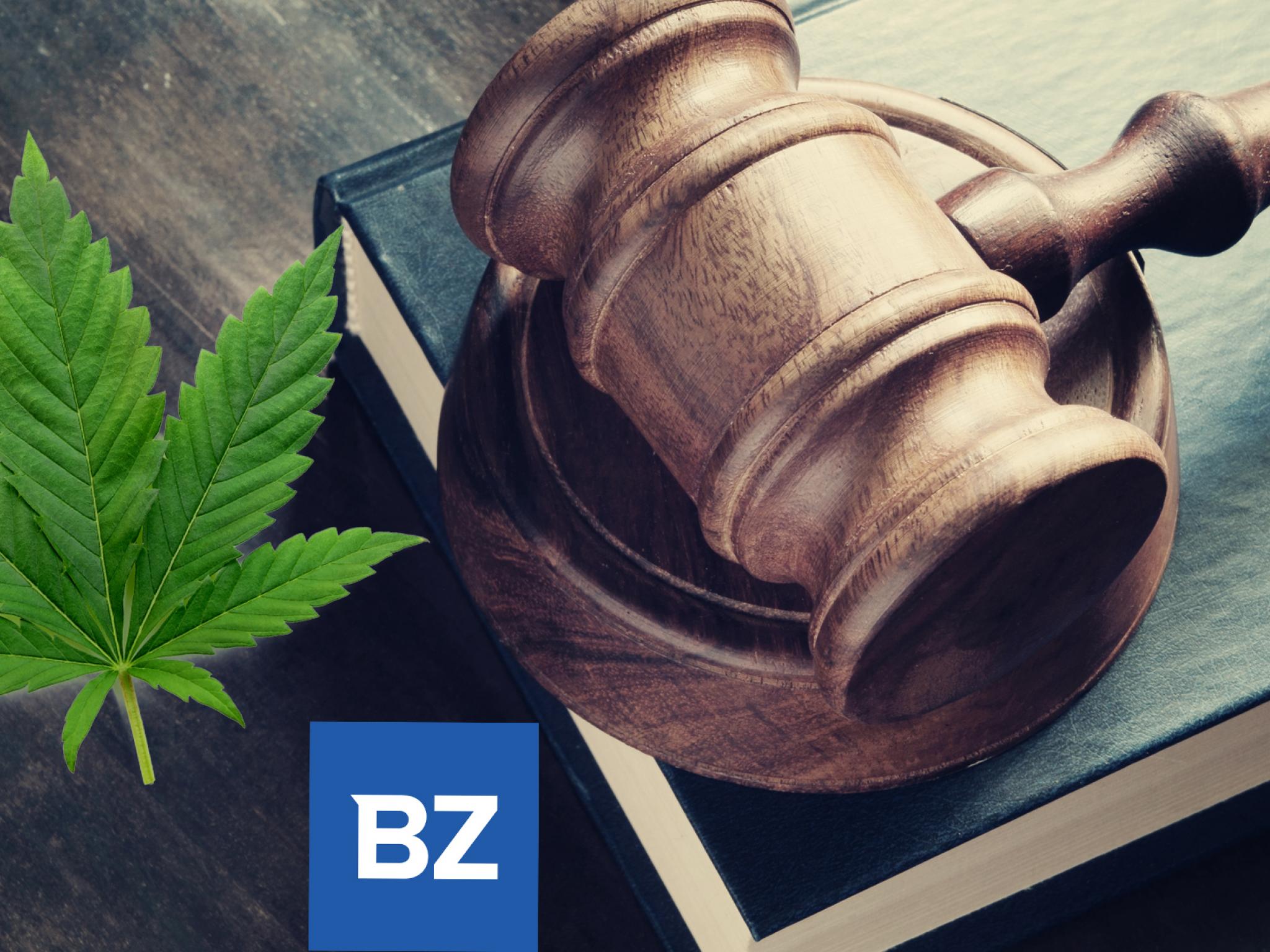
Five states are preparing to vote this November for cannabis legalization - Arkansas, Maryland, Missouri North Dakota and South Dakota- while Colorado could end up legalizing psychedelics.
Should the five marijuana initiatives pass next month, more than half the US population will have legal access to cannabis, noted NORML's political director Morgan Fox.
“It doesn’t make sense to continue to allow the market for cannabis to be controlled by unregulated operators and in some cases, criminal organizations for something that is objectively safer than alcohol and that other states have shown can be regulated," Fox said.
If recent surveys are to be believed, legalization prospects look good. Another factor to take into account is tax revenue, which is substantial in states where cannabis is already legal for recreational and medicinal purposes.
States wherein voters will vote on cannabis legalization in November are:
- Arkansas
Responsible Growth Arkansas' campaign qualified for the ballot this past July, after a somewhat bumpy ride in which the state’s Supreme Court finally intervened and ruled in favor of the campaign’s continuation.
The initiative would allow adults over 21 to purchase and possess up to one ounce of cannabis from licensed retailers for medical and recreational use, with no home cultivation allowed nor provisions for expunging or sealing past marijuana records.
A supplemental tax could be imposed on recreational cannabis sales, besides the existing sales taxes.
The state legislature would not have the ability to repeal or amend the medical marijuana statutes without obtaining voters’ approval, yet local governments could hold elections to prohibit adult-use retailers.
A recent poll showed that 59% of state voters are in favor of the measure, with 29% opposing and 13% undecided.
-
Maryland
If approved, the Question 4 referendum would create a complementary bill for the creation of program regulations, including taxes on cannabis production and sales.
The separate bill would legalize the purchase and possession of up to 1.5 ounces of cannabis and grow of up to two plants for non-commercial purposes, as well as decriminalize possession of up to 2.5 ounces for adults. Related past convictions would be expunged and resentencing would become a possibility.
Most Maryland voters are on board with the referendum’s proposal, and even towards advancing other measures related to recreational use. One of the reasons for this is the current racial disparities in prosecutions over drugs: the American Civil Liberties Union (ACLU) found that Black people are nearly four times more arrested for possessing pot than White people, despite marijuana use being almost the same in both groups.
-
Missouri
Legalization of recreational marijuana seems less certain with polls showing voters divided over lifting the traditional ban on marijuana sale and use for adults.
Besides allowing people 21 and older to buy and possess up to three ounces of cannabis or grow up to six flowering plants (with a register), the Amendment 3 bill would also expunge records for certain marijuana-related convictions.
On the other hand, tax on recreational cannabis sales and use revenue would go up to 6%, and be used for diverse related ends, as with the Arkansas measure.
Local cities would be able to opt out of the changes the measure enable should voters decide to ban it in November’s ballot.
The measure would also advance in protecting medical cannabis patients’ rights in terms of employment.
-
North Dakota
The state’s Measure 2 would allow adults over 21 to buy and possess up to one ounce of cannabis or grow up to three plants for personal use, while license granting would be limited to a small number of cultivation facilities and retailers. In this case, the bill would not include criminal record expungements.
Again, there could be a local ban on operating marijuana businesses, if voters decide so.
As for taxes, no additional fees would be imposed on cannabis products besides ND’s regular 5%. Nonetheless, manufacturers and retailers would need to pay certain fees.
- South Dakota
State residents will decide in November whether or not to support adult-use cannabis legalization in a vote for or against Initiative Measure 27, which will be on the ballot.
A previous legalization measure was introduced in 2020 but was invalidated by the state’s Supreme Court on procedural grounds. To avoid that, the 2022 initiative doesn’t include provisions regarding taxes and regulations, which would be material for legislative discussion.
Measure 27 would allow people over 21 to buy and possess up to an ounce of cannabis or grow up to three plants for non-commercial use, specifically including the civil penalties to be enacted if provisions on public consumption or number of plants permitted to grow are not followed.
-
Colorado
This state will have a ballot that includes a psychedelics legalization initiative. The Nature Medicine Health Act would legalize the possession of certain psychedelics for adults over 21 and enable the establishment of psilocybin therapeutic centers.
Recent polls showed a diverse scenario: one found the measure to be supported by 70% of voters, while the other showed 41% opposed to it.
The state’s expanded mental health approach -should measure 58 be enacted- would allow possession, use, cultivation and gifting of psilocybin, DMT, mescaline (except peyote-derived), ibogaine and psilocin for adults 21 and older, no specifically limited amount. Only licensed retailers would be allowed to sell these substances.
The measure would allow the possibility of sealing prior records for those who have completed their sentence.
Governor Jared Polis recently acknowledged that advocates are working to get the drug policy reform enacted and that he personally supports decriminalization, having signed a bill that would legalize statewide MDMA prescriptions provided the federal government approves them.
Photo courtesy of Shutterstock.







